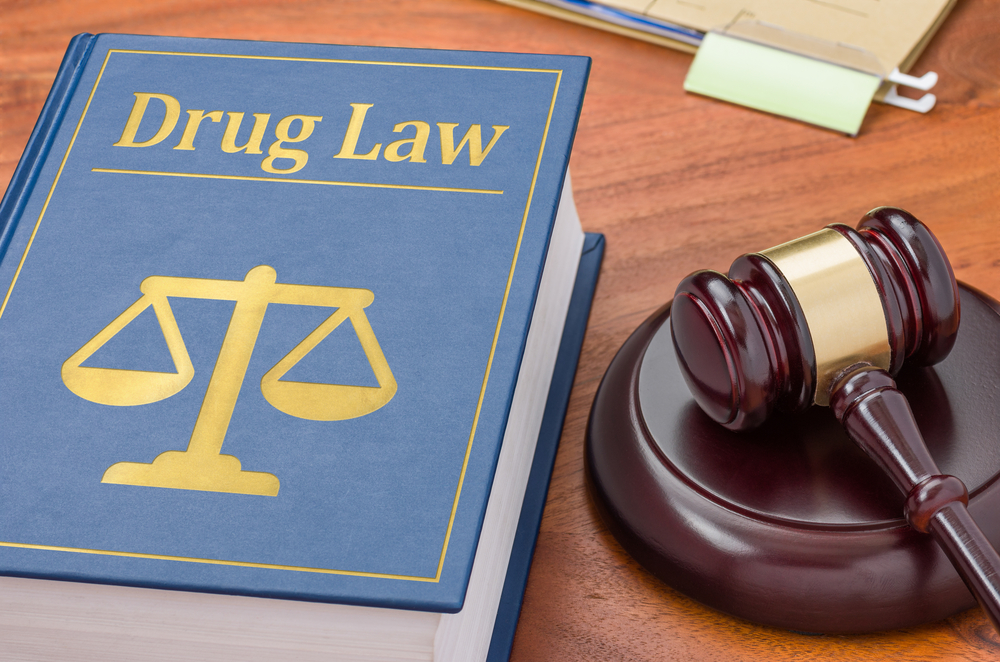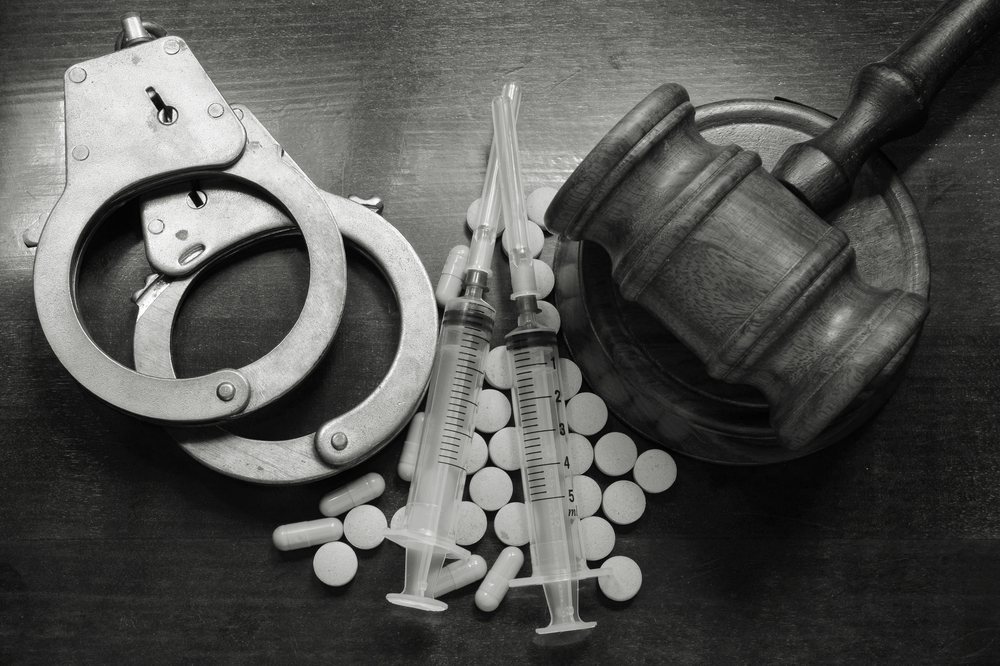
Connecticut’s legal landscape regarding drug-related offenses is a multifaceted and complex arena, balancing issues of public safety, rehabilitation, and law enforcement. The state’s drug laws are pivotal in defining and governing the use, possession, distribution, and manufacturing of controlled substances. Connecticut’s legal framework reflects a combination of penalties, treatment initiatives, and diversionary programs aimed at addressing drug-related issues.
Understanding the nuances of drug laws is crucial, especially when facing charges related to these offenses. Navigating the legal intricacies of drug laws and drug crime bail bonds in Hartford and across CT is an essential component for both legal professionals and individuals entangled in legal proceedings, providing insight into the potential penalties, possible defenses, and available legal options.
What are the penalties for drugs in Connecticut?
In Connecticut, penalties for drug-related offenses are contingent upon various factors, including the type and quantity of the controlled substance, the nature of the offense, and prior criminal history.
Classification of controlled substances
Connecticut categorizes controlled substances into different schedules, each associated with penalties and regulations. Schedule I substances, such as heroin, LSD, and ecstasy, hold the highest potential for abuse and have no accepted medical use. These substances carry severe penalties for possession and distribution. Schedule II to V substances, which include narcotics, stimulants, and prescription medications, are progressively less severe in terms of penalties, often based on the potential for abuse and recognized medical use. Understanding these classifications is crucial in comprehending the legal consequences associated with various drugs in the state.
Penalties for possession
Connecticut’s penalties for drug possession vary based on the type and quantity of the substance. Simple possession of small amounts for personal use typically constitutes a misdemeanor charge. Felony charges, resulting in more severe penalties, are often associated with possession of larger quantities, especially for substances categorized under Schedule I. The severity of penalties may also differ based on prior criminal history, with subsequent offenses attracting harsher consequences. Drug possession charges can result in fines, probation, mandatory rehabilitation programs, and, in more serious cases, imprisonment.
Penalties for distribution and trafficking
The penalties for drug distribution and trafficking in Connecticut are notably severe. The charges and penalties vary according to the type and amount of the substance involved in the offense. Trafficking larger quantities or the presence of multiple drugs often lead to more severe penalties, including substantial fines and lengthy prison sentences. Intent to sell or distribute, possession of drug paraphernalia, and drug-related transactions can escalate the severity of the charges. Individuals found guilty of drug distribution offenses can face significant legal consequences and may be subject to imprisonment, especially for high-volume drug trafficking cases.
Special circumstances and aggravating factors
Connecticut’s drug laws include aggravating factors that enhance the severity of penalties. Drug offenses in close proximity to schools, daycares, public housing, or within designated drug-free zones often result in increased charges and more severe penalties. Involvement of minors or the use of violence in drug-related crimes can amplify the legal consequences. Such aggravating factors can lead to enhanced charges, longer prison sentences, and heavier fines, emphasizing the state’s commitment to preventing drug-related activities in sensitive or public areas.
Potential legal defenses
Several potential legal defenses exist for individuals facing drug charges in Connecticut. Defenses might include challenging the legality of search and seizure, insufficient evidence, or asserting a valid prescription for the substance. Unlawful search and seizure can lead to evidence being suppressed, weakening the prosecution’s case. Lack of evidence proving intent to possess or distribute, and valid prescriptions for certain substances can also form the basis for a defense strategy.
Rehabilitation and diversion programs
Connecticut emphasizes rehabilitation through specialized courts and diversion programs for non-violent drug offenders. Drug courts provide an alternative to traditional criminal proceedings, focusing on treatment rather than punishment. Eligible participants may undergo substance abuse treatment, counseling, and periodic drug testing in exchange for reduced sentences or dropped charges. Diversion programs offer a pathway for individuals to receive rehabilitation instead of facing incarceration, aiming to address underlying substance abuse issues and prevent recidivism. These programs are designed to redirect individuals away from the traditional criminal justice system toward rehabilitation and recovery.

Need help with drug crime bail bonds in Hartford, CT? Turn to BailCo!
At BailCo Bail Bonds Manchester, we recognize the sensitivity and gravity of drug crimes and their subsequent legal matters. Our team of seasoned agents in Hartford and across CT is well-versed in addressing the unique complexities of bail bonds for drug-related charges. With a focus on compassionate support and swift, effective solutions, we stand ready to assist individuals and their families facing these challenging circumstances.
